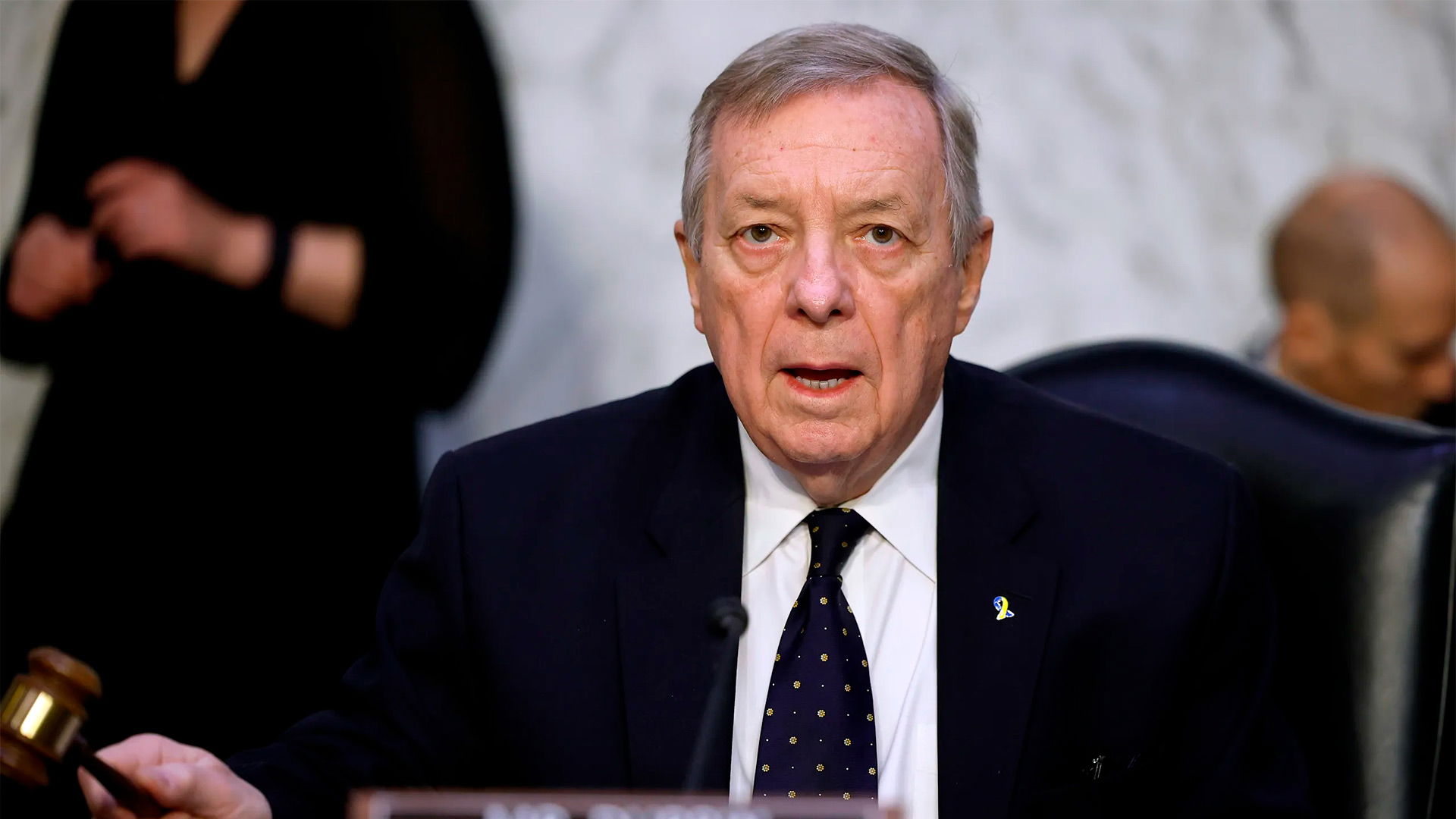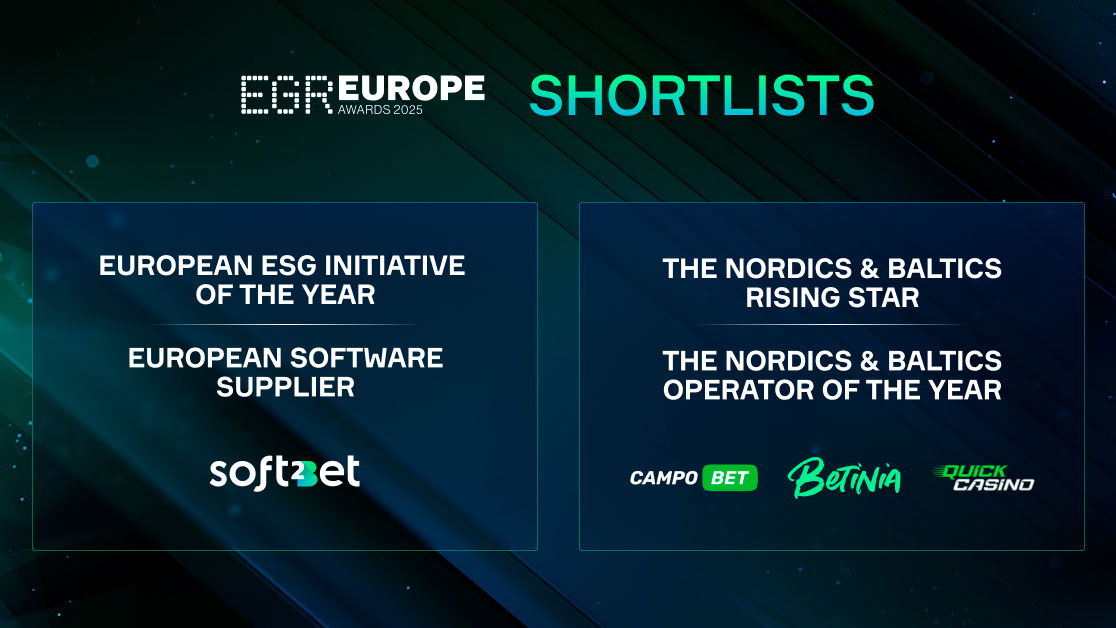"An unlimited number of licenses is the best option for Brazil's sports betting"

By the end of last year, the Brazilian government approved the Provisional Measure (MP) 846, then signed into Law 13,756/2018, which authorizes land-based and online sports betting in Brazil, but the legislation is still to receive enforcement regulations. On Wednesday, a public hearing was held in the Sports Committee of the Chamber of Deputies with the aim of discussing this regulation. The topic will be discussed again at the House on Thursday, in the Education Committee.
The hearing was proposed by deputy Evandro Roman, and one of the speakers was Francesco Rodano, Chief Policy Officer at Playtech and former online gaming regulator in Italy, who shared with Yogonet the key ideas he developed and his personal view on Brazil and LatAm's online gaming landscape.
Why have you decided to participate in this public hearing? Could you give us an insight into your address?
When I was invited by the Sports Commission of the Chamber of Deputies, I had no doubts about participating, as a sign of respect for the Brazilian political institution, and as a way to share my experience in a matter —the regulation of online gambling— that I’ve been involved with in the last 12 years of my life. Also, this is my fifth visit to Brasilia in three years, and despite I can’t speak Portuguese, which I regret, I find that Brazil has so many similarities with Italy, especially because Brazilians are so friendly and welcoming, that I almost feel at home here.
In my address I tried to summarise in 10 minutes my long and challenging journey as a gambling regulator. In 2007, when I started, there weren’t any countries already regulated under a local licensing model, so we had no experiences to learn from. It has been a trial and error process, but eventually we could set a successful example that was eventually followed by many other jurisdictions – and still is today.
The discussion around gambling is, and has always been, complex and even controversial everywhere, as there is understandable concern over the risk of an activity that should only be meant as entertainment. This concern often makes governments uncomfortable towards the regulation. In reality, because online gambling has been largely accessed for 25 years, and there is no way to block the internet, our experience has demonstrated that regulating it is the most effective way to control it and enforce, thanks to the technology, a responsible way to gamble.
I also advocated, so to speak, the cause of the regulators. My appeal was to trust and listen to the government officials, like I was myself, in charge of the sector. Gambling is a very complex business, and I believe that it is up to the people with the right skills to suggest what the best technical way to proceed is, once that the political decisions have been taken by the parliament.

What learnings could you acquire from the hearing, and what practical effects do you consider it may have on the debate over regulation options?
After the approval of the Law 13,756/2018, the matter is currently in the hands of SECAP (Secretary of Evaluation of Public Policies, Planning, Energy and Lottery, Ministry of Economy), which has the task of implementing it. But, nevertheless, I found very positive that the congressmen were willing to learn more. The political debate around gambling will always be lively. Sometimes it happens, all over the world, that those debates are purely political, indeed, and not based on factual data. In this case, a large number of industry experts was invited to share their knowledge, which shows seriousness and open-mindedness from the congressmen side. It is also likely that in the future the Law will be further improved —this has happened so many times in Europe, for instance— and I believe this knowledge can be taken into account if and when the Parliament will be asked to vote on possible amendments.
What is your personal view on the current landscape of online gaming in LatAm, and what are your prospects for Brazilian market?
Interestingly, the situation in Latin America, where only a few markets are regulated, and there is a growing discussion in others around benefits and threats of regulation, reminds me of Europe around 10 years ago, when I began my experience as a regulator. But, exactly like it happened in Europe when Italy kick-started the process, it is just a matter of time to see other countries following the example of Colombia. We already see the cases of some Argentinian jurisdictions, and soon Peru, Brazil, Paraguay, just to name a few, will follow. In the region, for instance in Mexico and Colombia, Playtech currently partners with leading brands, providing its technology for betting and gaming platforms in the retail and online channels.
As regards Brazil, the timing for it to become the world’s second-largest regulated market for online gambling, after the UK, will depend on the ability of the government, and the parliament, to further improve and complete the legislation, which at the moment includes only betting, by adding the other types of online gambling which are already commonly accessed by Brazilians, such as casino games, poker and bingo.
What learnings could you gain from your expertise as Italy's regulator that could be applied to a jurisdiction like Brazil?
Probably all my learnings, and those of all the regulators who faced the challenge of building a framework in their own country, can be applied to Brazil. While it is true that every country has its own cultural and political differences, the objectives of the regulation are exactly the same everywhere: protecting the consumers, especially the most vulnerable ones, keeping the crime out, generating tax revenues. A successful regulation is one that ensures that as much gambling as possible is practiced under the control of the State, and all the actors can benefit from it: the State indeed, for the reasons just mentioned; the citizens, who can enjoy gambling as a safe and fair entertainment activity, while being educated towards a responsible way of playing; the industry, both local and international, by being given the possibility to operate – and invest– in plain sight and according to clear and stable rules. The main learnings I shared at the hearing were: regulation is more efficient than prohibition in terms of consumer protection; a framework works better if all the popular gaming types are regulated; the right taxation model is crucial to ensure the model is successful; the importance of listening to the advice of the Brazilian regulators; and, the most important one, the adoption of truly effective responsible gambling measures, such as the ones made possible by the modern technology, to prevent problem gambling and, with it, a possible future backlash from the public opinion.
Brazilian government now has to decide between a fixed number of companies with a ‘concession’ model; or a variable and unlimited number with a ‘permission’ (authorization) model to operate sports betting. What pros and cons do you see for both cases, and which one do you find more suitable for the country?
By experience, I am firmly convinced that an unlimited number of licences is the best option, for a very simple reason: all the companies which won’t be able to operate legally in the country, will continue to target it from outside, but without paying any taxes, having to comply with the national rules, and being controlled by the State, in this way competing easily and unfairly with the local licensees. The disadvantage might be that it is more difficult for a regulator to oversee a large number of companies, but this is only partly true. In Italy we were around 10 people in the office in charge of the more than 100 online gambling licensees, and it worked relatively well. In any case, the additional effort required is more than compensated by the increased effectiveness of the framework in terms of consumer protection and additional revenues.
“““ A framework works better if all the popular gaming types are regulated. The right taxation model is crucial to ensure the model is successful
”
What considerations or safeguards should be taken in terms of tax policies, problem gambling and sports integrity?
This question would require a very long and detailed answer. Given the number of regulated countries around the world, so many attempts have been made to find the best solutions with regard to taxation, problem gambling and sports integrity, which are three of the main drivers of regulation. Over time, some of those solutions proved more effective than others, and I will try to summarise them very briefly.
Taxation: starting from the principle that an excessive tax burden would affect the price of the regulated products, pushing the players towards the offshore offer, which is not taxed, a very specific model has spread around Europe: it’s the taxation of the gross profit of the licensed operators, that is what is left in the operator’s pockets once cashed in the stakes and paid out the winnings. The average tax rate is 20% of the gross profit, which proved to be sustainable by both the industry and the players.
Problem gambling: the big advantage of online gambling is that every single transaction, every single decision of the player, is tracked. This allows the operators to put in place tools to analyze the players’ behavior in real time and detect, thanks also to the artificial intelligence, if that behavior could lead to a problematic or risky way of gambling. When this happens, the operator intervenes, by imposing breaks, suspending the player’s activity, or even referring them to a help center. All of this, of course, has way fewer chances of happening on gambling sites that are not regulated and thus controlled.
Sports integrity: again, because of the possibility to monitor everything, any anomalous change in the odds of a given event might signal that the integrity of that event is been compromised. In this case, the betting is suspended, and the alert is communicated to the relevant sports federation for investigation. Thanks to these alerting systems, many cases of match-fixing were spotted and the athletes involved were prosecuted.
“““ In Italy we were around 10 people in the office in charge of the more than 100 online gambling licensees, and it worked relatively well
”
What differences should be made between foreign gambling sites and locally-based operators in terms of regulation, if any? What is Playtech’s current approach to Brazilian sports betting market, and how does Law 13,756/2018 and its future regulation and enforcement affect your decisions and strategies?
Normally the national regulations are the same for local and international operators, which are treated in the same way. There are many examples in Europe of countries where the local companies, after the regulations, could finally compete with the international operators, which were previously targeting the country from offshore, on a level playfield, where all pay the same taxes and are subject to the same rules. When this happened, the local operators found their business significantly growing, despite the presence of those international companies. It’s a win-win situation.
As regards Playtech, we are a supplier, and among our more than 140 clients there are local companies, state lotteries and international operators. The company’s focus is heavily towards regulated markets, which allow us to generate stable revenues. In 2018, 78% of the group revenues were regulated. In this context it is clear that we are very much looking forward to the future regulation of the Brazilian sports betting market, while continuing to advocate for the regulation of the other online gaming verticals, too. Because of our operations in Latin America, especially in Mexico and Colombia, we believe that the potential Brazilian market represents a significant opportunity in the near future.
“““ There are many examples in Europe of countries where the local companies, after the regulations, could finally compete with the international operators
”
In terms of other gaming verticals, a new Parliamentary Front for the Regulation of Gambling has just been launched in the lower House in order to reopen debate, as the President Jair Bolsonaro says legalization has to be defined in the legislative branch. Could you share your analysis and prospects for this discussion, and how a potential legal gaming industry in Brazil could affect the region and your company’s business areas?
At the moment, as a company, we are helping the efforts of the Remote Gaming Association, the largest trade association of online gaming operators, in sharing the industry experience with regard to online gambling only, which seems really close to get regulated, at least for sports betting. When the political discussion around other verticals, such as retail casinos, bingo halls and gaming machines, will gain momentum, we will be available to contribute, if given the possibility. Playtech was founded in 1999 as an online gaming supplier, a segment in which we are the world’s leaders, but in this 20 years we also have successfully developed solutions that cover all the other retail verticals. Even more, one of Playtech’s biggest strengths is our capacity to integrate all the verticals so as to offer the best possible player experience.

















































